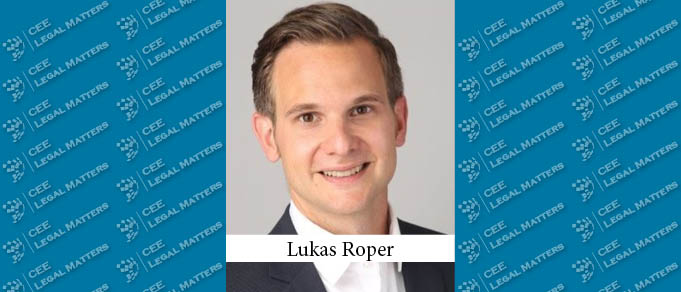Lately, the effects of COVID-19 have caused a significant surge in interest by high net-worth individuals (HNWIs) on global migration, as political stability and safety, access to well-functioning healthcare and education systems, and the ability to maintain a high standard of living became even more important.
Unsurprisingly, a rising number of these individuals have shown interest in migrating to Austria, as the country maintains high levels of peace and stability and offers a high standard of living, recognized as it is, for example, as an international center for culture, history, and art. Furthermore, Austrian citizenship also allows visa-free or visa-on-arrival access to 186 destinations, including the EU, the US, Canada, Japan, and Australia, and therefore is also very attractive for those HNWIs who travel frequently.
In addition, Austria also offers a very attractive tax regime, under which HNWI’s can enjoy various tax benefits, some of which are worth explaining in more detail.
Benefits of Becoming a Tax Resident in Austria
First-tax residency can be setup fairly easy in Austria, as it is only necessary to establish a domicile (in German, a “Wohnsitz“) or habitual abode (a “gewoehnlicher Aufenthalt“) in the country to become an Austrian tax resident. Thus, Austrian tax residency is not based on citizenship.
Second, assets held by a HNWI that is becoming an Austrian tax resident can be stepped-up, meaning that the book value of such assets is stepped-up to their fair market value at the time the HNWI establishes his or her tax residency in Austria. Future taxation of capital gains on the disposal of stepped-up assets will be calculated on the basis of the stepped-up fair market value of the disposed assets, while prior to the step-up it is the book value of the assets that is decisive for the calculation of the taxable capital gain.
Austria also offers attractive perspectives regarding estate planning, which is inevitably of importance for HNWIs, as the country currently levies neither gift nor inheritance taxes.
Finally, of particular interest for HNWIs, who usually operate their businesses in multiple jurisdictions, is that Austria has entered into double tax treaties with around 90 jurisdictions worldwide, including the US, UK, Russia, and a majority of CIS/CEE jurisdictions, in order to avoid double taxation on cross-border income.
Tax Benefits Under the Double Tax Treaty Between Austria and Russia Remain in Place
As Russia has recently revised its double tax treaties with Cyprus, Malta, and Luxembourg (and announced plans to do so with Hong Kong, the Netherlands, and Switzerland), dividend and interest payments, which were previously exempt from withholding tax, are now generally subject to a withholding tax rate of 15%, so that company structures that once were beneficial for their ultimate beneficial owners may now have lost their advantages.
HNWIs who are affected by this may find that the migration and relocation of their assets to Austria could turn out to be particularly favorable, as Austria is currently not on Russia’s revision list and therefore it is rather unlikely that the withholding tax on dividends (5% to 15%) and interest payments (0%) will be increased in the near future.
Thus, in cases in which certain tax privileges have been restricted due to Russia’s amendments to certain double tax treaties, for example with Cyprus and Malta, HNWIs may still take advantage of such benefits if they relocate their businesses and assets, as under a company restructuring program, to Austria.
By Lukas Roeper, Partner, Evgeny Rodionov, Counsel, and Matthias Fucik, Senior Associate, PHH Rechtsanwalte
This Article was originally published in Issue 8.3 of the CEE Legal Matters Magazine. If you would like to receive a hard copy of the magazine, you can subscribe here.
















